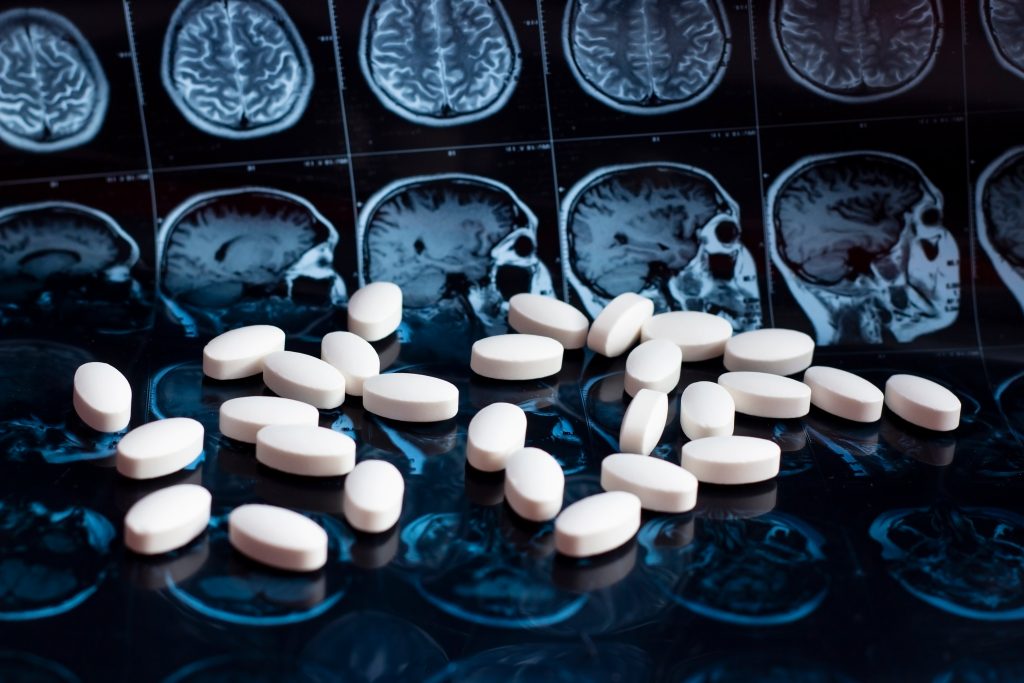Tag: Alzheimer’s disease
Curing the incurable: RNA isoforms may hold the key to defeating Alzheimer’s disease

Groundbreaking research on RNA isoforms in Alzheimer’s disease (AD) has revealed another layer of genetic complexity that has been previously overlooked. Using cutting-edge sequencing technology, Dr. Mark Ebbert and colleagues at the Sanders-Brown Center on Aging at the University of Kentucky, USA, performed a detailed analysis of RNA isoforms in the human brain. They discovered multiple, previously unknown RNA isoforms […]
Read More… from Curing the incurable: RNA isoforms may hold the key to defeating Alzheimer’s disease
Loneliness and social isolation: How can we protect our mental health and cognitive functions?

It is well known that social isolation can cause poor mental and physical health. Our recent global experience of compulsory social isolation during the COVID-19 pandemic has created a need to find new ways to prevent its devastating consequences, such as anxiety-induced cognitive decline, from manifesting. Dr Jing Liang and her team at the University of Southern California’s Mann School […]
Race against dementia: Join the drive to eradicate the disease

Dementia is the umbrella term for a wide range of conditions that affect the brain and cause symptoms such as memory loss, cognitive impairment, and impaired decision-making. More than 55 million people live with dementia globally; the most common form is Alzheimer’s disease. Currently, there is no cure – only treatment to slow the progression of symptoms. A charity founded […]
Read More… from Race against dementia: Join the drive to eradicate the disease
How Spiritual Fitness prevents Alzheimer’s disease

Spiritual Fitness (SF) is a new concept in medicine that combines multiple aspects of religious involvement, psychological wellbeing, and spiritual evolution. Research now reveals that development of SF helps prevent Alzheimer’s disease (AD). As shown by Dharma Singh Khalsa, MD, President and Medical Director of the Alzheimer’s Research and Prevention Foundation, Kirtan Kriya, a safe, 12-minute-a-day meditation practice, facilitates that […]
Read More… from How Spiritual Fitness prevents Alzheimer’s disease
Neuropathological changes in Alzheimer’s disease linked to four key proteins

Alzheimer’s disease (AD) is characterised by progressive and irreversible loss of memory and thinking skills. Using sensitive cutting-edge techniques, Professor Rafael Luján and his collaborators at Castilla-La Mancha University, Spain, have found changes in the number, distribution, and density of four key proteins in AD. Notably, these proteins affect the ability of nerve cells to process and transmit signals. Not […]
Read More… from Neuropathological changes in Alzheimer’s disease linked to four key proteins
Disruption of amyloid β-protein processing drives Alzheimer’s

In the study of familial Alzheimer’s disease, a specific form of amyloid β-protein (Aβ) found in amyloid plaques has been the focus of many investigations as a key driver of disease. However, increased concentrations of this form of Aβ does not always occur with disease-causing mutations, suggesting a different step in Aβ processing could be triggering Alzheimer’s. Professor Michael S. […]
Read More… from Disruption of amyloid β-protein processing drives Alzheimer’s
Can anti-cancer drugs be used as an effective therapy for the treatment of Alzheimer’s disease?

Background Worldwide, around 50 million people have dementia. According to the World Health Organization reports, this number is expected to increase threefold by 2050. Alzheimer’s disease (AD) is the most common type of dementia, which is characterised by deterioration in cognition and behaviour. The underlying aetiopathogenesis of AD is still little understood. The amyloid plaques theory and tau hyperphosphorylation are […]
Human Leukocyte Antigens: The missing link in Alzheimer’s disease etiology

Alzheimer’s disease is a huge socioeconomic burden in developed countries. Recently, viral infections such as the herpes virus have been implicated in Alzheimer’s disease risk. However, it is unclear what the link between the two is. Professor Lisa M. James of the University of Minnesota, in collaboration with Dr Apostolos Georgopoulos and Dr Spyros Charonis, has utilised computational biology to […]
Read More… from Human Leukocyte Antigens: The missing link in Alzheimer’s disease etiology
Mutant protein in Siamese cats may be involved in neurodegenerative disorders

Siamese cats and humans share the same pathology when it comes to neurodegenerative disorders, such as Alzheimer’s disease. Dr Ingrid Niesman, based at San Diego State University, USA, believes it’s all down to a mutation in a protein called tyrosinase. The researcher wants to understand the impact of this malfunctioning protein, as well as use these cats as a basis […]
Read More… from Mutant protein in Siamese cats may be involved in neurodegenerative disorders
Neuronal cultures to study the brain and neurological disorders

Understanding the brain is essential, for example to treat neurological disorders that affect one in six people worldwide. However, studying the brain is challenging: it is so complex and difficult to access. Cell biologist Dr Daniel Tornero and neurophysicist Dr Jordi Soriano, from the University of Barcelona, developed neuronal cultures that can be used to study mechanisms involved in brain […]
Read More… from Neuronal cultures to study the brain and neurological disorders